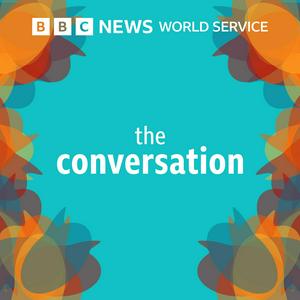Datshiane Navanayagam talks to two women in France and Canada about why single-sex living spaces appeal to older women.
Pat Dunn is 75 and started a Facebook group for senior women wanting to share a living space, after her husband died six years ago. There she found two housemates with whom she has lived ever since. Pat now runs a non-profit called SWLT (Senior Women Living Together) that helps other women in Ontario find similar setups. Her Facebook community has over two thousand members.
Hanne Nuutinen co-founded La Joie Homebase in France in 2024: co-living spaces for women who want to stay there for weeks or months at a time. Their ‘homebases’ cater to globally mobile women, typically aged 50–80. Many of the women are still professionally active, while others are pursuing hobbies or independent travel. Their residents come from France, the United States, Africa and the UK.
Produced by Jane Thurlow and Becca Johns
(Image: (L) Pat Dunn, courtesy Pat Dunn. (R) Hanne Nuutinen, courtesy Hanne Nuutinen.)


